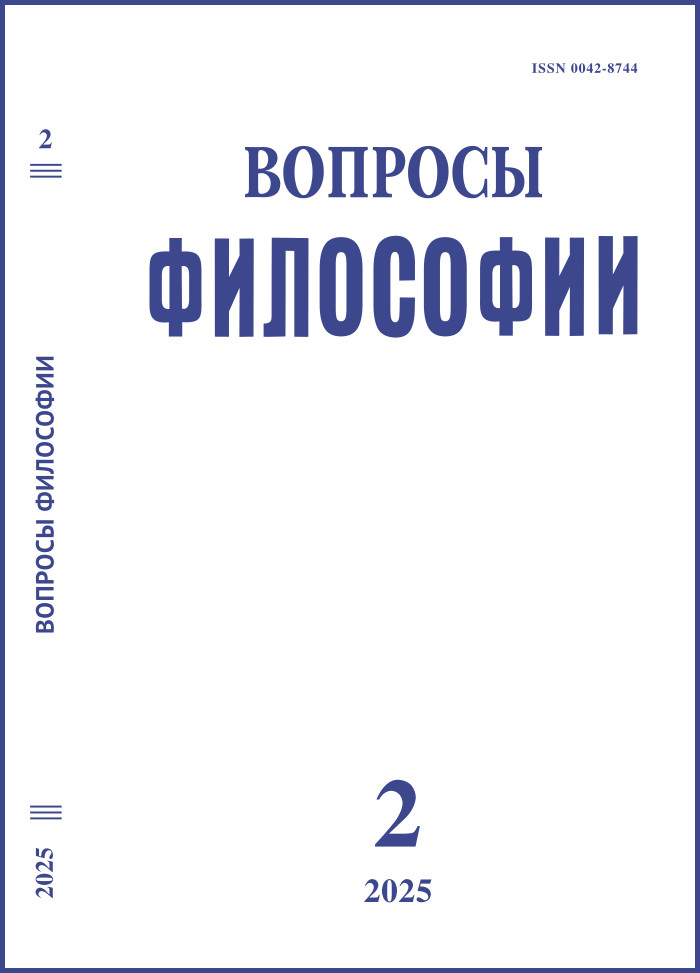The Institution of Fasting as an Instrument of Confessional Identification: The Case of the Late Tudor Church of England
DOI:
https://doi.org/10.21146/0042-8744-2025-2-157-164Keywords:
institutions, identity, identity processes, Émile Durkheim, Douglass North, Mary Douglas, ritual, fasting, Reformation, Anglicanism, homilies, Church of England, TudorsAbstract
In the article, the author examines the role of the institution of fasting as a means of constructing political and confessional identity within the context of the Tudor Church of England. The source base of the study comprises a range of documents, including doctrinal texts, theological works, authorised homilies, royal proclamations, and parliamentary acts. The author examines the role of fasting in the mytho-ritual systems of both the Catholic Church and the major sixteenth-century Reformation movements, namely Lutheran, Reformed, and English. Moreover, he elucidates the commonalities and distinctive tenets associated with Catholicism’s and Reformation’s approaches to fasting. The second part of the article presents an examination of the issue of reformation approaches to fasting in the context of the history of sumptuary laws in some European countries, as well as an analysis of the process of transformation that the institution of fasting underwent in late Tudor England. The author concludes that the institution of fasting, which provided both horizontal (communal) and vertical (politico-religious) types of loyalty, was an important instrument of social change through the transformation of its very nature during the English Reformation.

